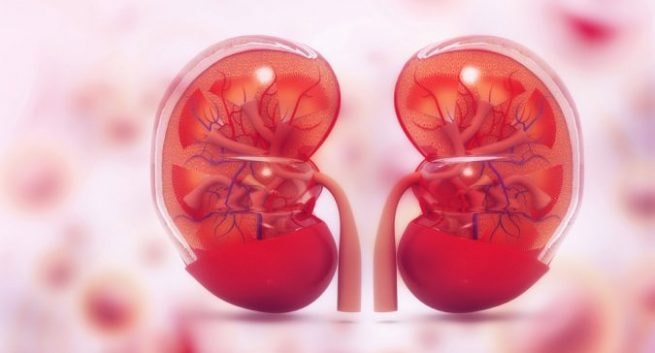Tips to help diabetics reduce the risk of kidney disease
Diabetes is a disease in which the body does not produce enough insulin or cannot use it properly. Insulin is a hormone that regulates the amount of sugar in the blood. High blood sugar levels affect parts of the body from the eyes to the feet.

The main job of the kidneys is to filter waste and excess water from the blood to form urine. The kidneys also help control blood sugar and make hormones the body needs to stay healthy.
Long-term diabetes increases the risk of kidney damage. When blood vessels in the kidneys are damaged, the kidneys cannot clean blood properly.
When the kidneys are damaged, they cannot filter blood properly, which can cause waste products to build up in the body. The body will retain more water and salt than necessary, which can cause weight gain and swollen ankles. You may have protein in your urine. Diabetes is one of the leading causes of kidney disease.
Many people with diabetic kidney disease do not have any symptoms. People with diabetes should have their kidneys checked regularly at least once a year.
Here are some tips to help diabetics reduce their risk of kidney disease:
Diabetes control: keeping blood sugar and Hba1c (3-month average sugar) levels under control helps prevent or delay the disease.
Blood pressure control: People with diabetes should have their blood pressure checked at every visit. If you have high blood pressure, you may need to take medication.
Avoid drinking alcohol/smoking.
Do not take non-steroidal anti-inflammatory drugs (NSAIDs) and COX 2 inhibitors: if you have kidney disease or kidney failure, you need to inform your doctor about your creatinine levels so that your doctor can prescribe medication.
Do not apply gels or lotions containing NSAIDs because they are absorbed through the skin.
Consult your doctor before taking any medicine.
Avoid dehydration: consult your doctor immediately if you become dehydrated.
Limit the amount of salt in your diet
Ask your doctor about a healthy, balanced diet.
Regular check-ups (creatinine level every 6 months and kidney status with electrolytes once a year.
Eye exams: Patients with chronic kidney disease should have their retinas examined annually.








